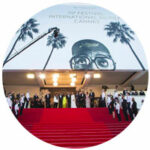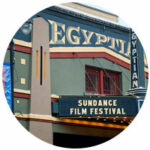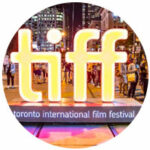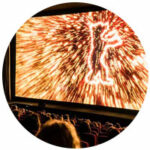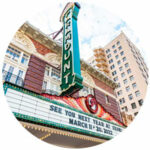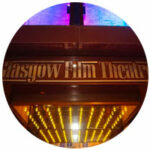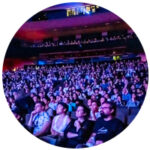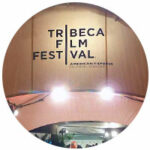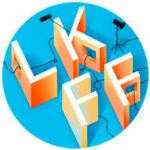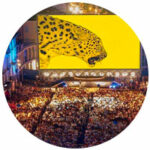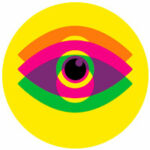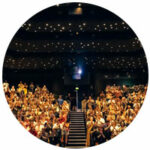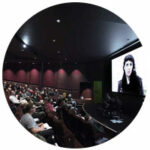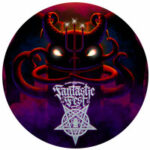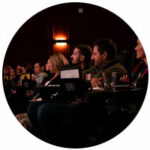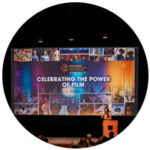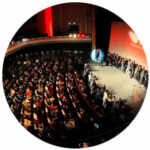Berlinale: Berlin Film Festival
The first Berlin Film Festival took place in 1951, and according to the Berlinale’s site, its was meant to act as “a showcase of the free world.” Since then, the festival has evolved, as various wars and events shaped the city where the event takes place. Now, the Berlinale is one of the most acclaimed festivals in the world, and more than 200 films premiere there every year, in February, in various cinemas in the city. It is a fantastic showcase for both big production and indie and experimental projects; many auteurs often return to the festival, from Ira Sachs and Ken Loach to Richard Linklater and more.
The programme of the Berlin Film Festival is divided into many categories. The main strands are Berlinale Special, Encounters, Panorama, Forum and Forum Expanded, Generation, Berlinale Shorts, and the Competition section. Berlinale Goes Kiez takes place in art house cinemas, and Retrospective, Berlinale Classics and Homage allow us to rediscover some gems from the past. Among the many acclaimed movies that won big in Berlin are Ingmar Bergman‘s Wild Strawberries, Sidney Lumet’s 12 Angry Men, Jonathan Demme’s The Silence of the Lambs, and recent releases like Paul Thomas Anderson‘s There Will Be Blood and Celine Song’s Past Lives. The 2026 Berlin Film Festival will take place on February 12-22, 2026.
Loud and Clear covers the Berlin Film Festival every year. This page is where you’ll find all our movie and series reviews, articles, interviews, red carpet clips and more coverage from the Berlinale.

